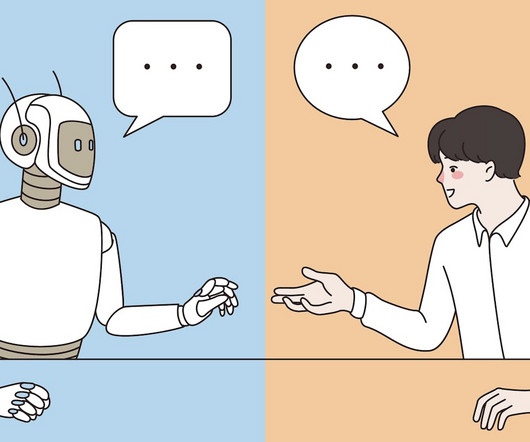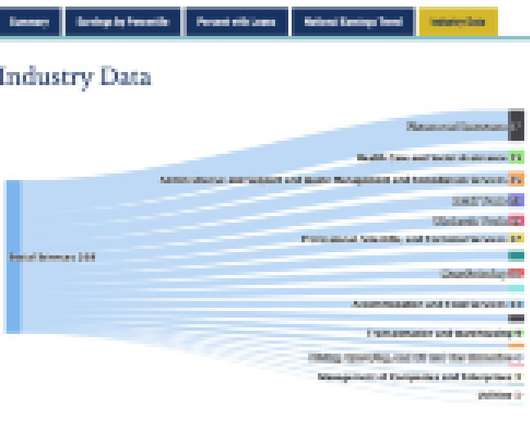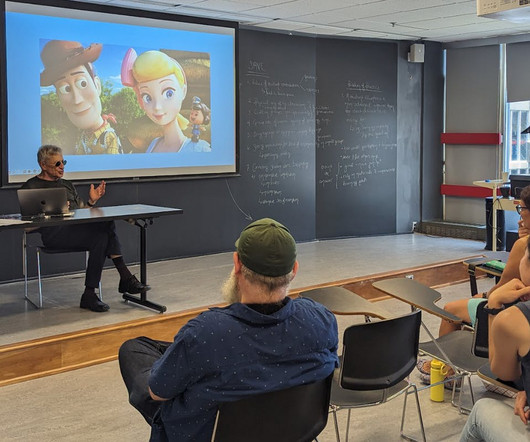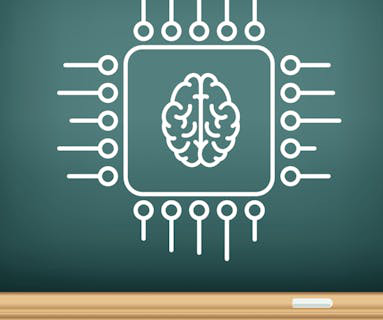Researchers Try Using AI Chatbots to Conduct Interviews for Social Science Studies
ED Surge
NOVEMBER 22, 2024
The chatbot interviewer is part of an experiment by two professors at the London School of Economics, who argue that AI could change the game when it comes to measuring public opinion in a variety of fields. “It It could really accelerate the pace of research,” says Xavier Jaravel, one of the professors leading the experiment.













Let's personalize your content